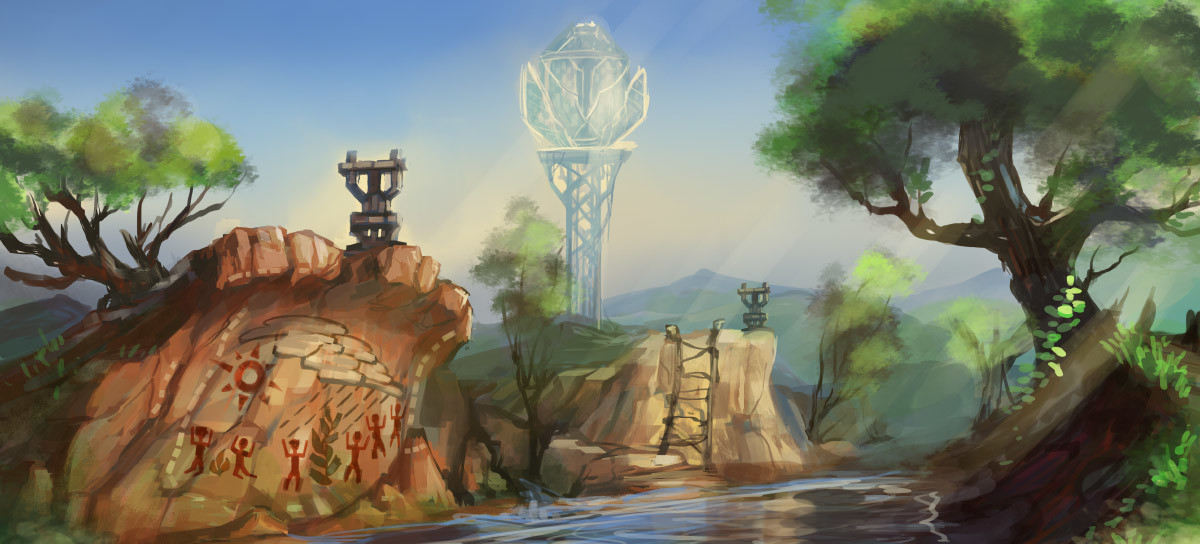
Select Player
So the first question I get asked most of the time when it comes up that I work in games, while talking to someone outside of the industry is “Oh, are you a programmer?” The short answer is that I have not touched a piece of code since I was sixteen, so I am really not. But this all ties back into a wider issue as to why people ask this question, which is an image issue with our industry- people outside believe we are cookie-cutter geeks by what they have seen in pop-culture. Game development is an extremely multi-disciplinary business, and especially so the larger the production title being worked on, or when one goes looking at the types of games that exist.
When lecturing students or introducing aspects of our business a phrase I find myself using often is “Nothing in a game is there unless it is put there.” This is also true for the other sorts of productions we do, be they serious games, VR simulations or a gamified app. Whilst it is possible to make productions as a single person, that person is usually good at some tasks and not as strong in others. For instance, a programmer may be able to make their own game, but their art may be basic, because they’re not trained or do not have much expertise. So the project attempted by a single or two-person team may be limited in scope because of that.
The opposite end of this scale are the huge multi-million dollar Triple A games that you see in the major retailers. They will often have teams in the hundreds as well as support businesses surrounding them.
To look at a moderate-sized production such as Stirfire’s own Symphony of the Machine, there was a team behind that, all bringing something to the project. Three programmers worked on it, from the systems to the gameplay. A 3D modeller and a lead artist/creator/designer were supplemented by a specialist who helped with the particles that make up the effects in the game. A producer handled the project management side and corresponded with platform-holders (in this case, Sony, Oculus and Steam), I worked on the finance, trademarking and legal aspects myself and we commissioned music and sound effects by local companies in our city so we could have a close working relationship with them. And in the latter stages of the project, we had a QA team working through the gameplay to make sure it was as good as it could be and to identify bugs and communicate back with the programming team and producer.
Add to that, our PR company, legal advise with contractual aspects and all of our regular support businesses (accounting etc.), plus an in-house Community Manager for the social media and expo aspects of the publicity and it has all become a complex beast to manage. Game development requires people from a diverse assortment of backgrounds, skillsets and career pathways.
So if you were to commission a serious game, gamified app or VR simulation, be aware that you are approaching a team of highly-skilled professionals, each with their own area of expertise who can often bring a wealth of knowledge to your project. They will often be able to make suggestions to improve your concept or the effectiveness of the execution because they are all professionals in their field and want to see your product be as good as it can be within budget and timeframe.
Game developers will often “gold-plate*” your project because we want to see it be as good as it can be and we want our clients to recognise the quality and our expertise. There are a variety of roles in our industry as the disciplines of art, programming, production and sound design all have to come together to provide a final product. This is how we bring striking value back to our customers to accomplish their aims for their productions.
*Gold-Plating: In this context, I mean gold-plating as to go the extra mile and produce a higher quality product than the client was expecting for the same budget.
Stirfire Studios is currently underway with their Initial Public Offering. You can find a copy of the prospectus here: Prospectus Link

